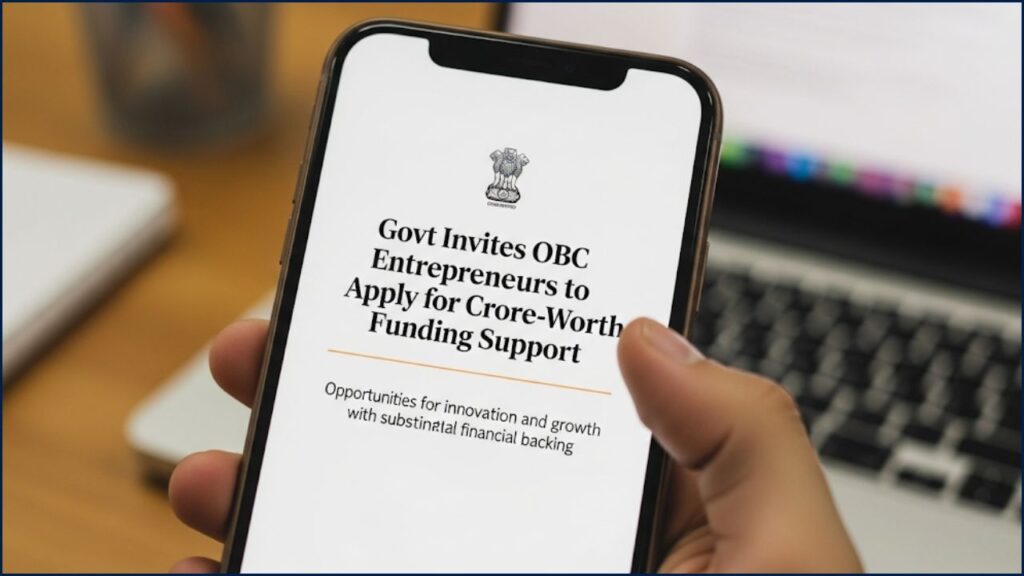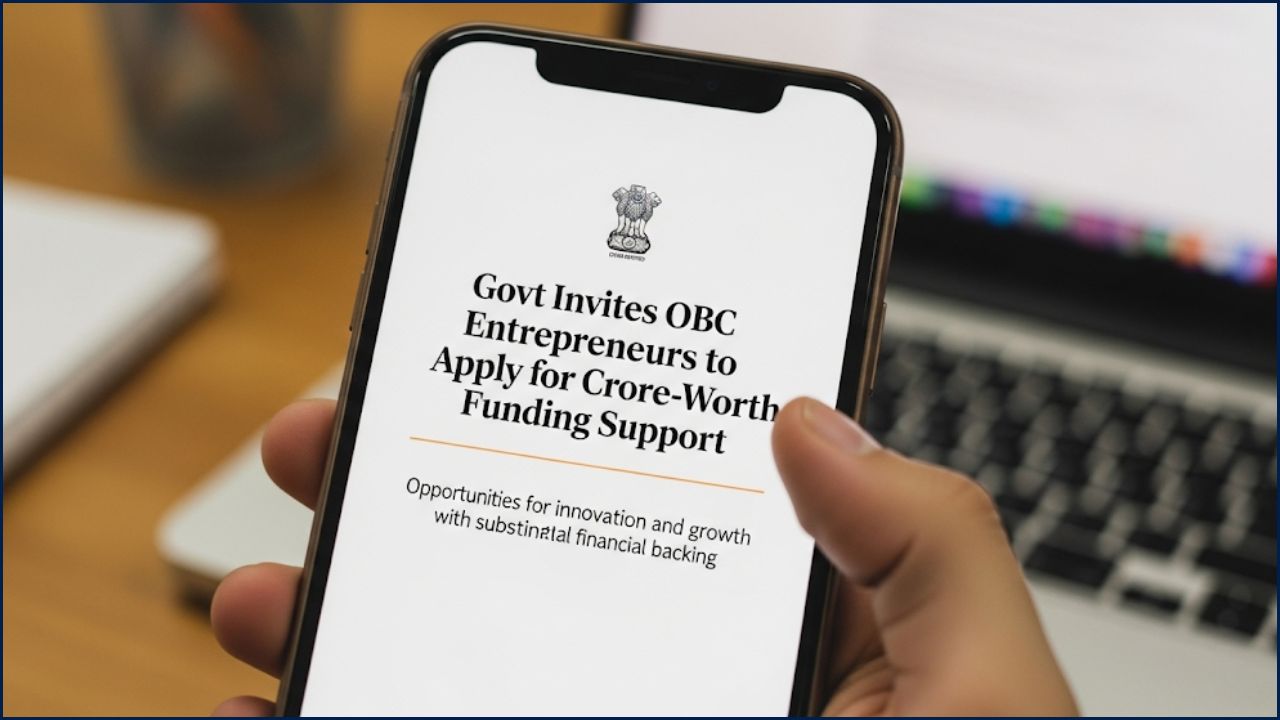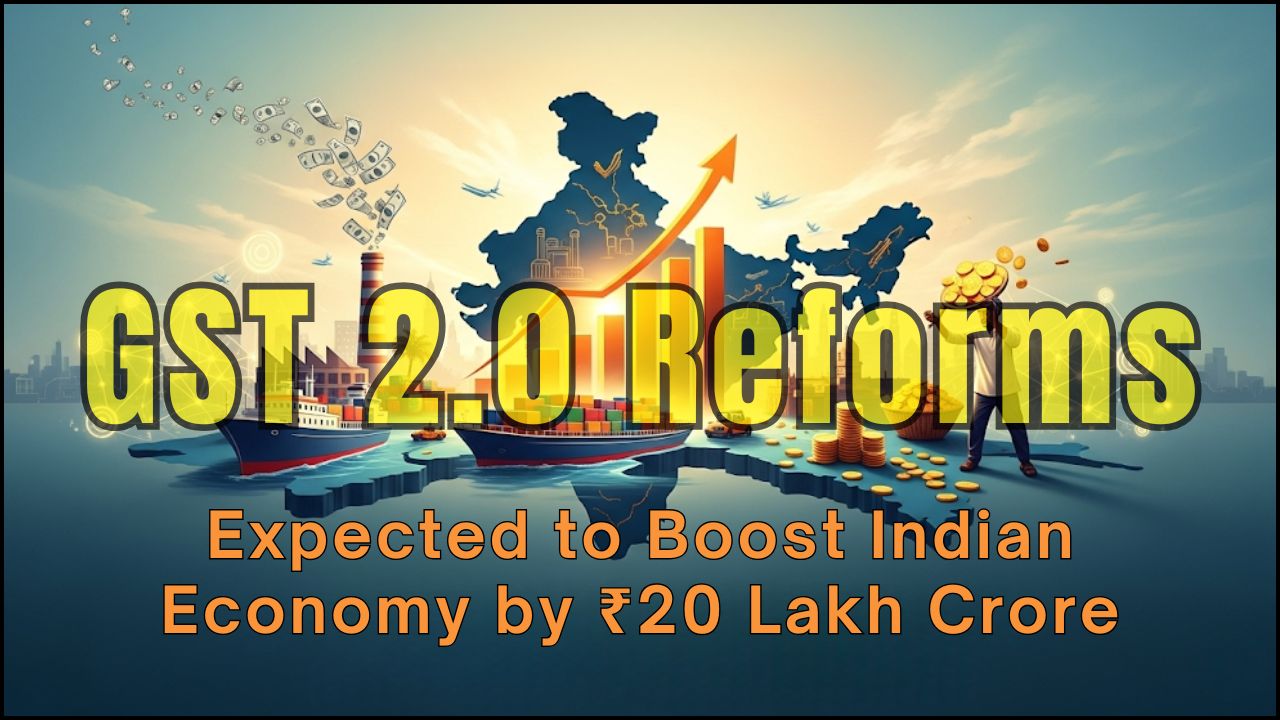The Indian government has discontinued a crore-worth funding programme for OBC entrepreneurs, ending the Venture Capital Fund for Backward Classes (VCF-BC) as of 31 March 2025. The Ministry of Social Justice and Empowerment confirmed that allocations for the 2025–26 fiscal year were reduced to a token amount, while officials consider a broader replacement plan.

The scheme, launched to support Other Backward Class (OBC) entrepreneurs in manufacturing and services, previously offered loans and venture capital assistance ranging from ₹20 lakh to ₹15 crore. The closure leaves OBC entrepreneurs reliant on general financing mechanisms, such as the Credit Guarantee Fund Trust for Micro and Small Enterprises (CGTMSE) and Mudra Yojana.
Why the Scheme Was Closed
According to a report by The Telegraph India, officials decided to phase out both the OBC and Scheduled Caste (SC) venture capital funds due to low utilisation rates and administrative overlap with existing programmes.
A senior official from the National Backward Classes Finance and Development Corporation (NBCFDC) said, “The scheme achieved partial success, but a new framework is necessary to ensure better reach and efficiency.”
Policy analysts suggest that merging caste-specific schemes into broader entrepreneurship initiatives could allow for streamlined access to funds, though concerns remain about targeted support for marginalised groups.
Alternatives Available for Entrepreneurs
General Loan and Guarantee Programmes
The CGTMSE, managed by the Ministry of Micro, Small and Medium Enterprises, remains the flagship scheme for collateral-free loans. It provides guarantees for borrowings up to ₹5 crore, benefiting small and medium enterprises, including OBC-owned firms.
Start-up India and SIDBI Fund
The Small Industries Development Bank of India (SIDBI) manages the Fund of Funds for Startups, with a corpus of ₹10,000 crore. Although not caste-specific, it supports early-stage ventures across multiple sectors.
Other Government Schemes
OBC entrepreneurs can still access Pradhan Mantri Mudra Yojana (PMMY), which provides collateral-free microloans up to ₹10 lakh, and the Prime Minister’s Employment Generation Programme (PMEGP), which offers subsidies for new projects.
However, the Stand-Up India scheme continues to remain restricted to Scheduled Castes, Scheduled Tribes, and women entrepreneurs, leaving OBC applicants outside its purview.
Expert Reactions and Concerns
Business associations have expressed concern over the closure. Rakesh Kumar, a policy researcher at the Indian Institute of Public Administration, noted:
“While mainstreaming may appear efficient, dedicated schemes ensure that disadvantaged groups are not left behind in the highly competitive startup ecosystem.”
Some entrepreneurs also worry that the shift to general financing schemes could dilute the focus on OBC-led ventures, particularly in sectors with higher barriers to entry.
What Happens Next
The government has indicated that a new composite entrepreneurship scheme is under review, designed to include SC, OBC, and other marginalised groups under a single umbrella. No timeline has been announced.
Until then, OBC entrepreneurs must rely on general funding opportunities. Analysts emphasise the importance of transparency and consultation in shaping the replacement scheme to ensure it addresses structural disadvantages.
Cheapest Education Loans of 2025: These Banks Are Topping the Charts – Check Before You Apply
Conclusion
The discontinuation of the VCF-BC marks a significant change in India’s approach to targeted entrepreneurship support. While the government has promised a new inclusive framework, experts and entrepreneurs stress that effective design and implementation will determine whether OBC entrepreneurs continue to receive meaningful financial backing.
















